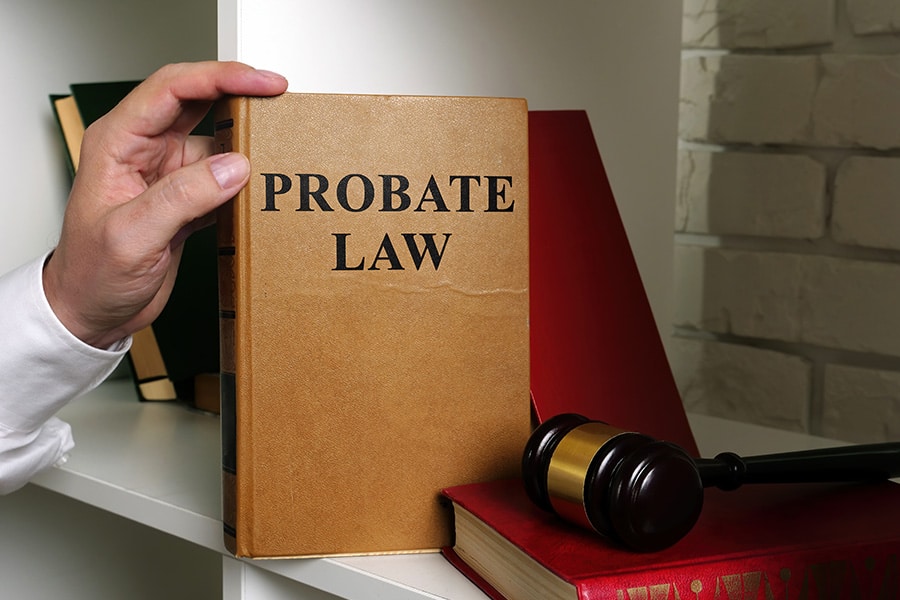Probate can be a complex and emotionally challenging process, often involving the management of a loved one’s estate after their passing. Navigating the legalities of probate is essential to ensure that the deceased’s wishes are honored and that assets are distributed fairly. A probate attorney plays a crucial role in this process, offering guidance to help families manage the intricacies of estate administration and avoid potential disputes.
In this article, we will explore the pivotal functions of a probate attorney, outlining their responsibilities in the probate process and how they can alleviate the burdens associated with estate settlement. Whether you are dealing with a straightforward will or a more complicated estate involving multiple heirs and assets, understanding the value of a probate attorney can provide peace of mind during a difficult time.
Roles and Responsibilities of a Probate Attorney
A probate attorney is instrumental in guiding families through the myriad processes involved in estate administration. Their primary responsibilities include filing the deceased’s will with the probate court, notifying creditors and heirs, and valuing the estate’s assets. They provide legal advice on tax implications and may assist in resolving disputes among heirs or beneficiaries, ensuring that the estate is settled according to the law and in alignment with the deceased’s wishes. By managing these complexities, a probate attorney helps to mitigate stress for grieving families and streamline the probate process.

Benefits of Hiring a Probate Attorney
Hiring a skilled probate attorney can provide significant relief during a tough emotional period. With their legal guidance, these professionals can help families avoid common pitfalls, such as mismanaging assets or failing to meet court deadlines. They can also clarify the probate process, helping families make informed decisions. When faced with the intricacies of estate settlement, engaging a probate lawyer ensures that you have the necessary support and knowledge to navigate the legal requirements effectively, ultimately enabling you to honor your loved one’s legacy with dignity.
In conclusion, enlisting the support of a probate attorney is a vital step in effectively managing the legal complexities of estate administration after a loved one’s death. Their guidance not only facilitates the efficient handling of the probate process but also provides essential emotional support to families navigating this challenging time. By ensuring that all legal obligations are met and that the wishes of the deceased are fulfilled, a probate attorney helps alleviate the stress and uncertainty that often accompany estate settlement. Ultimately, their guidance can make a meaningful difference in honoring and preserving the legacy of your loved one, allowing families to focus on healing and remembrance.

